Conclavoscope - Cardinal Paulo Cezar Costa
Cardinal Profile and Assessment
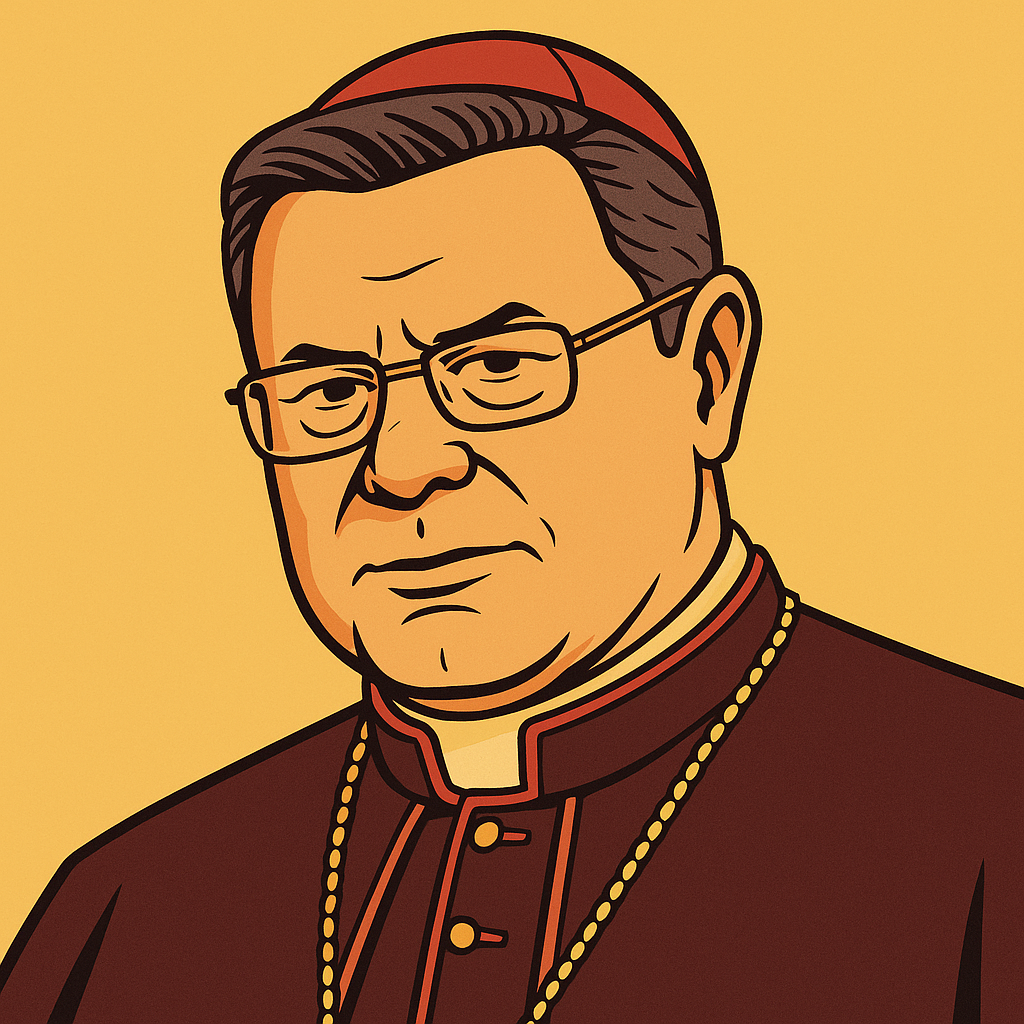
Brazilian cardinal, Archbishop of Brasília, known for his intellectual profile and balanced pastoral approach, combining Catholic tradition and sensitivity to contemporary social issues.
| Criterion | Tendency |
|---|---|
| Moral doctrine | Centrist |
| Liturgy | Centrist |
| Sociopolitical | Progressive |
| Relationship with Pope Francis | Progressive |
| Dialogue | Progressive |
| Communication | Progressive |
| Overall tendency | Progressive |
Cardinal Costa has not publicly articulated specific positions on moral doctrines such as abortion or homosexuality. However, his academic background in dogmatic theology and his leadership roles within the Church suggest a commitment to traditional Catholic teachings. His approach appears to balance doctrinal fidelity with pastoral sensitivity.
Cardinal Costa has not publicly expressed specific views on liturgical practices or the Traditional Latin Mass. His academic and pastoral work indicates an adherence to the liturgical norms of the post-Vatican II Church, suggesting a moderate stance on liturgy and tradition.
Cardinal Costa has shown a commitment to social issues, particularly in the areas of education and pastoral care. While there is limited information on his specific involvement in ecological or migration-related initiatives, his leadership in the Archdiocese of Brasília indicates an awareness of the Church's role in addressing societal challenges.
Cardinal Costa is closely aligned with Pope Francis, having been appointed by him to several significant positions, including membership in the Dicastery for Promoting Christian Unity and the Pontifical Commission for Latin America. His elevation to the cardinalate further reflects the Pope's trust in his leadership.
As a member of the Dicastery for Promoting Christian Unity, Cardinal Costa is involved in efforts to foster dialogue between the Catholic Church and other Christian denominations. While specific initiatives are not detailed, his role indicates a commitment to ecumenical engagement.
Cardinal Costa is recognized for his academic contributions and pastoral leadership. While there is limited information on his communication style, his roles suggest an emphasis on education and engagement with the faithful through traditional Church channels.
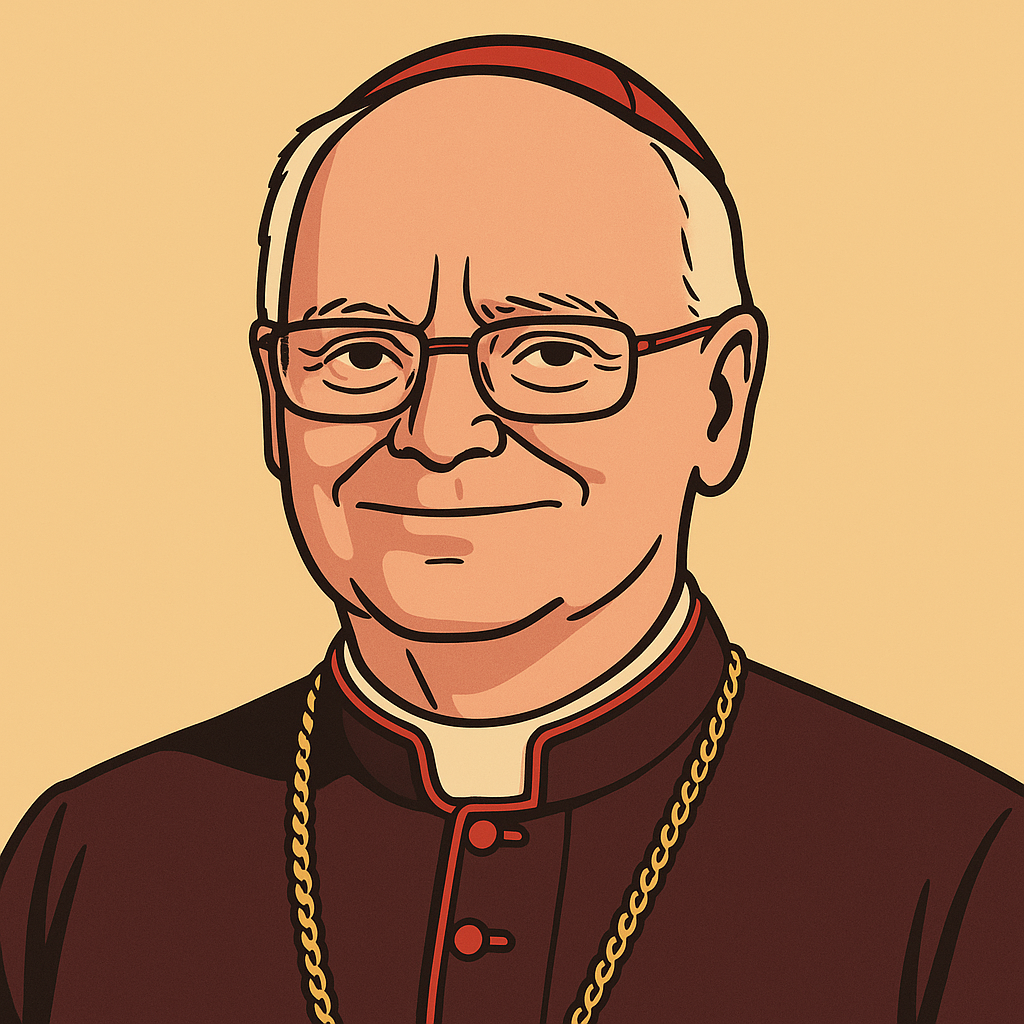
Brazilian cardinal, Archbishop of São Paulo, known for his balanced leadership in Latin America's largest metropolis and his pastoral approach combining tradition and modernity.
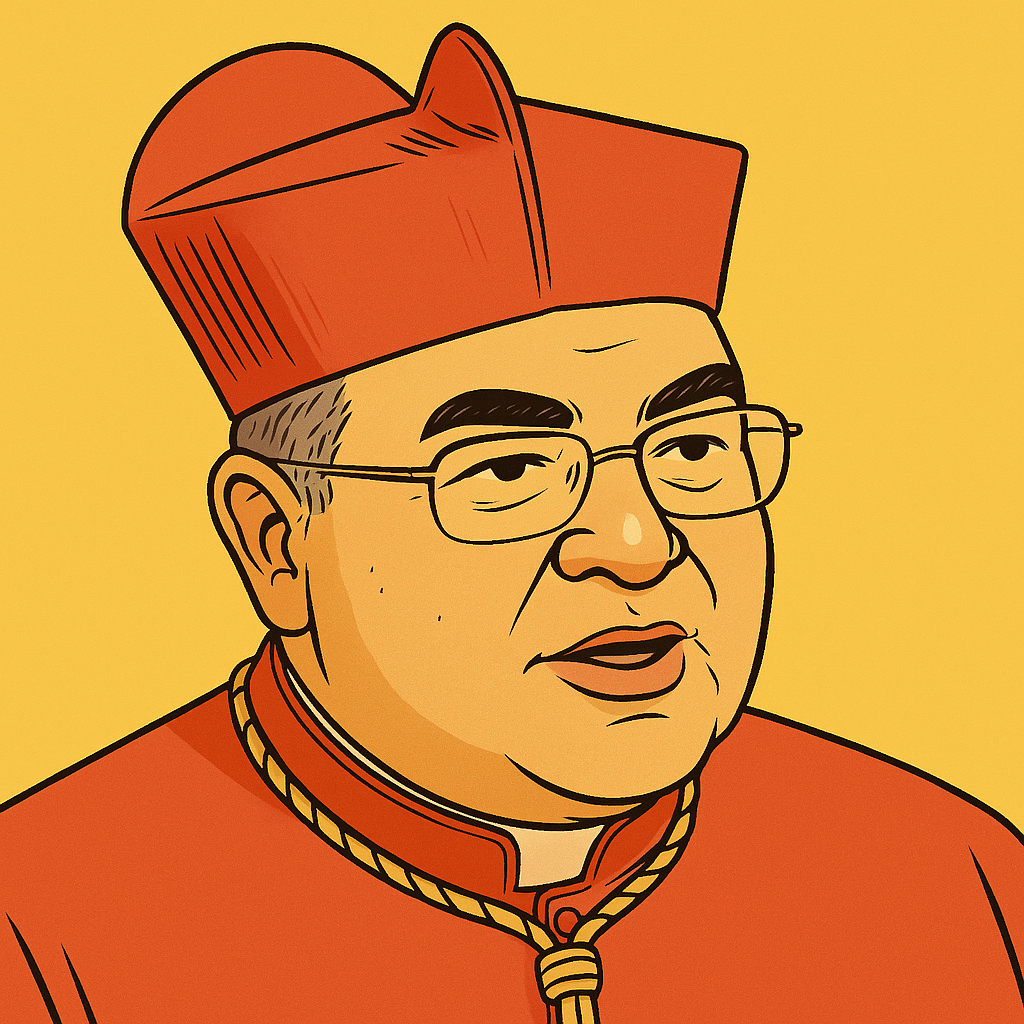
Brazilian cardinal, Archbishop of Rio de Janeiro, Cistercian, known for his social commitment in the favelas and his balanced pastoral leadership between tradition and openness.
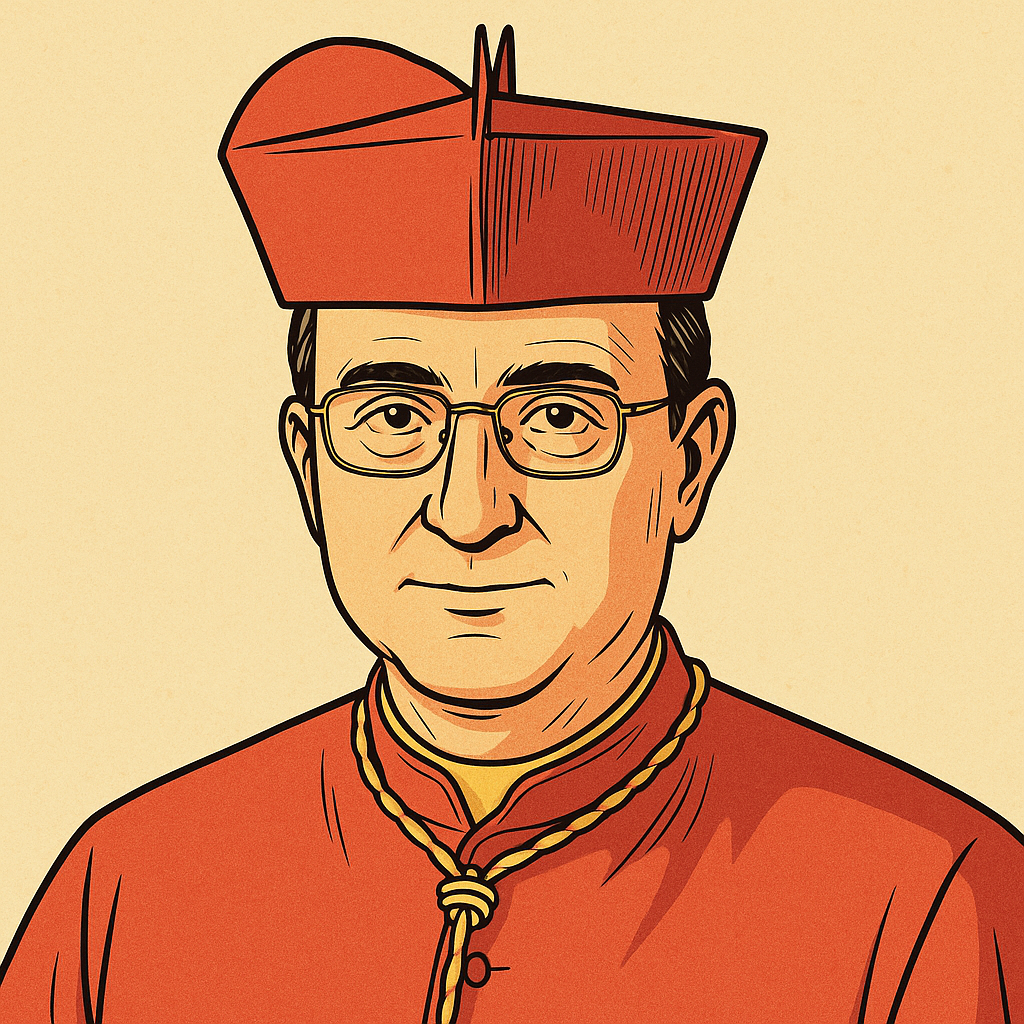
Brazilian cardinal, Archbishop of Salvador de Bahia, known for his balanced pastoral leadership and commitment to a more synodal Church closer to existential peripheries.
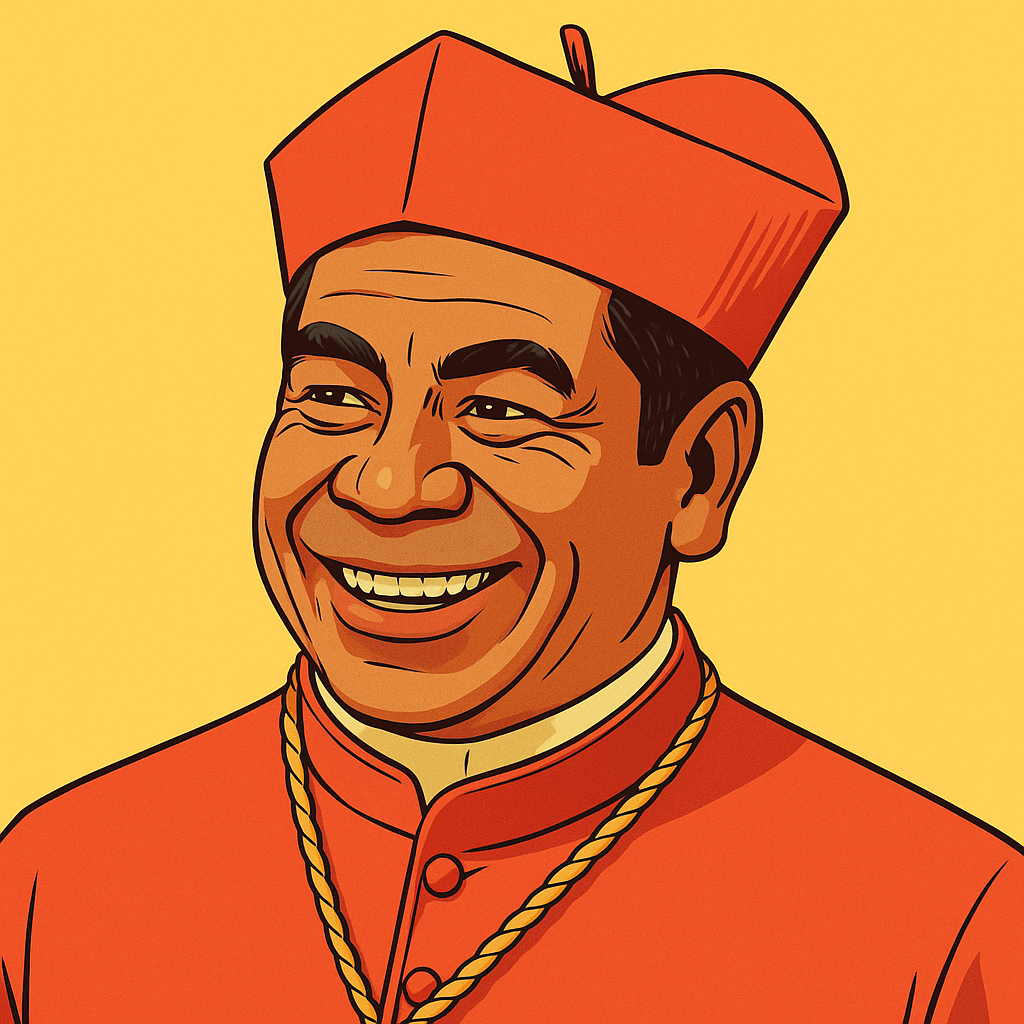
East Timor
East Timorese cardinal, Archbishop of Dili, first cardinal from his country, known for his leadership in post-independence reconstruction and his commitment to peace and national reconciliation.
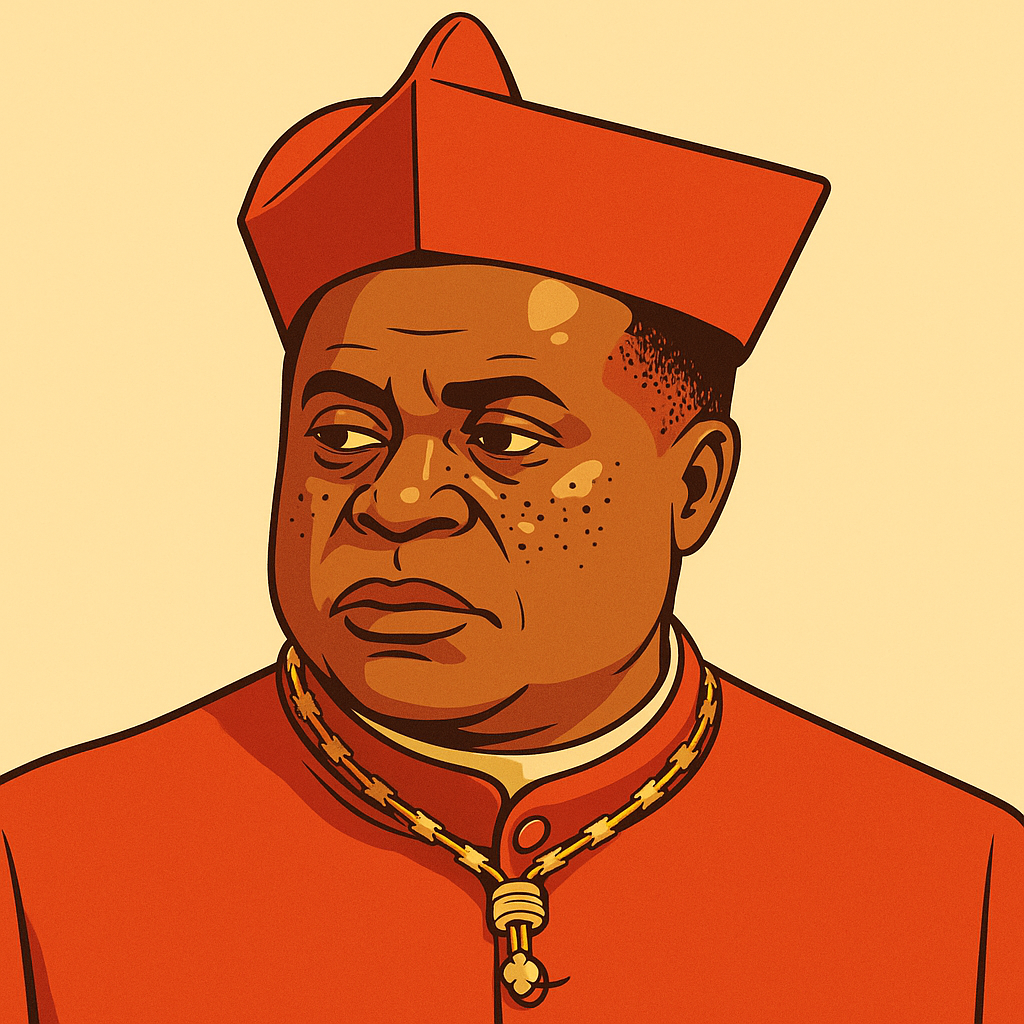
Nigeria
Nigerian cardinal, Bishop of Ekwulobia, known for his perseverance in the face of difficulties (having been rejected by his previous diocese) and his pastoral leadership in a context of ethnic tensions.
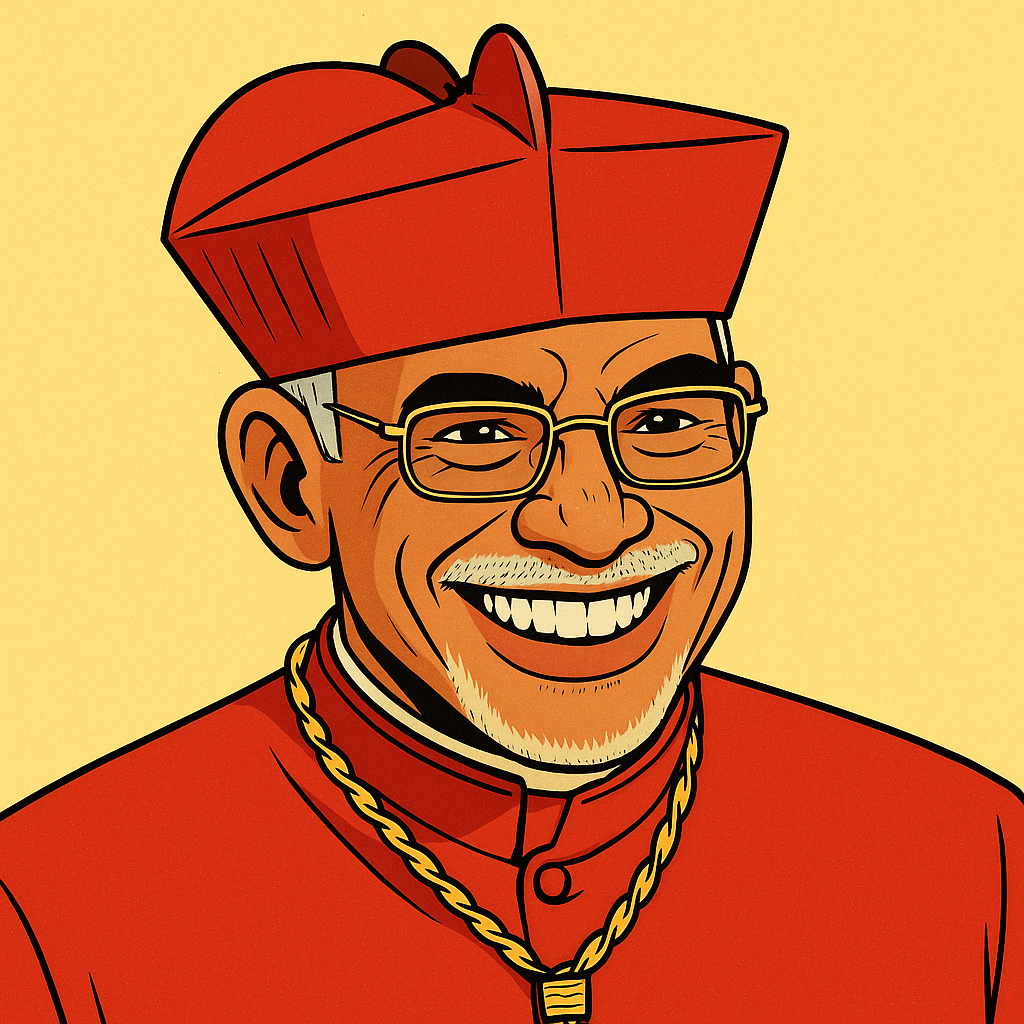
India
Indian cardinal, Archbishop of Goa, known for his pastoral approach and maintenance of traditions in a multicultural context.

East Timor
age: 58
East Timorese cardinal, Archbishop of Dili, first cardinal from his country, known for his leadership in post-independence reconstruction and his commitment to peace and national reconciliation.
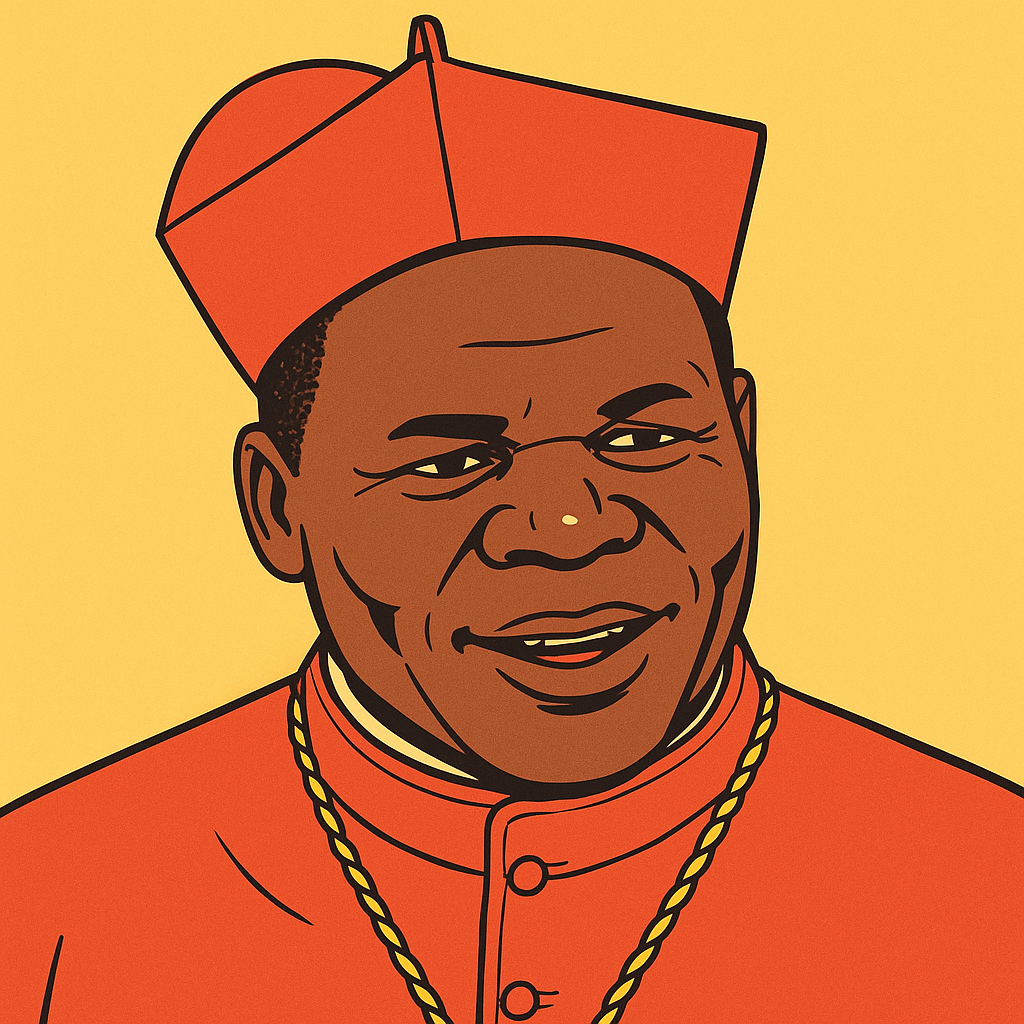
Central African Republic
age: 58
Central African cardinal, known for his commitment to interreligious peace in a country torn by conflict, combining doctrinal tradition and openness to dialogue.
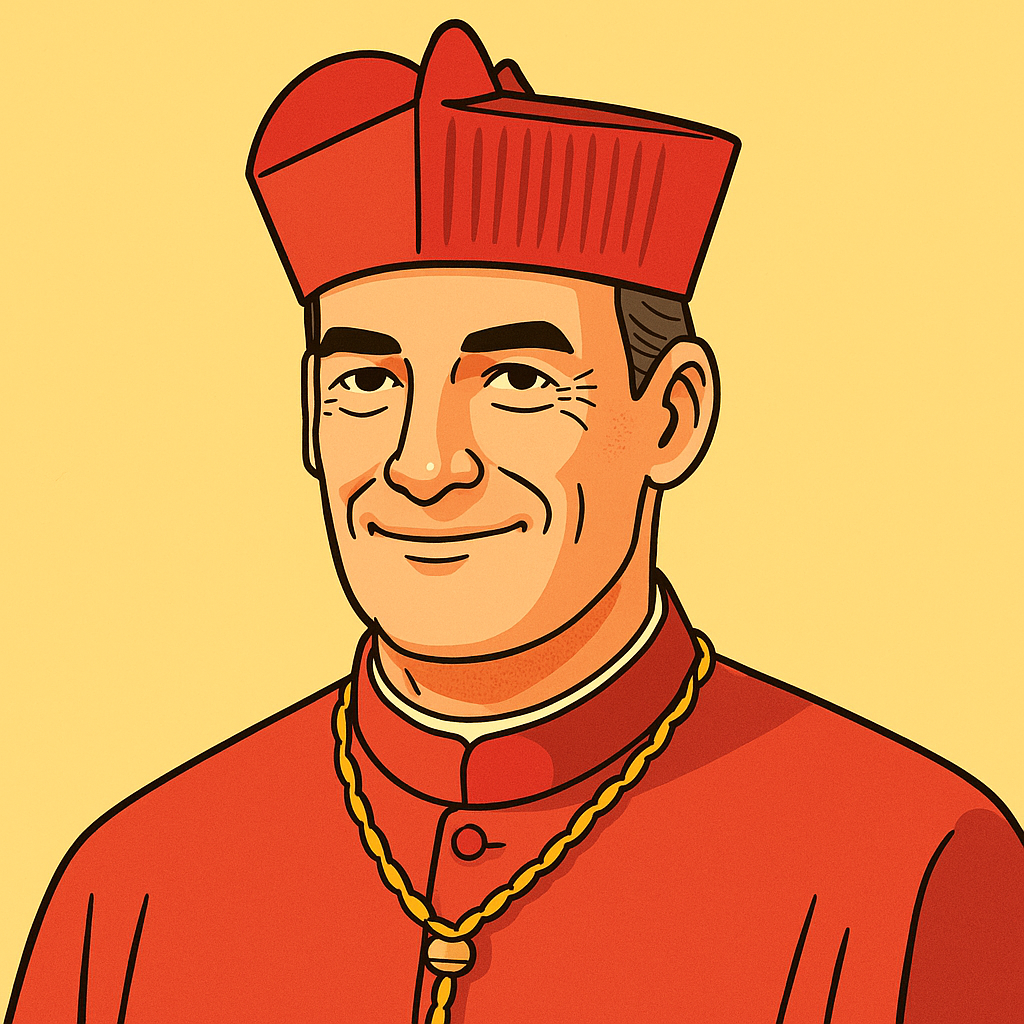
France
age: 57
French cardinal, Bishop of Ajaccio, Franciscan, known for his dynamic pastoral approach and balanced position between tradition and renewal.
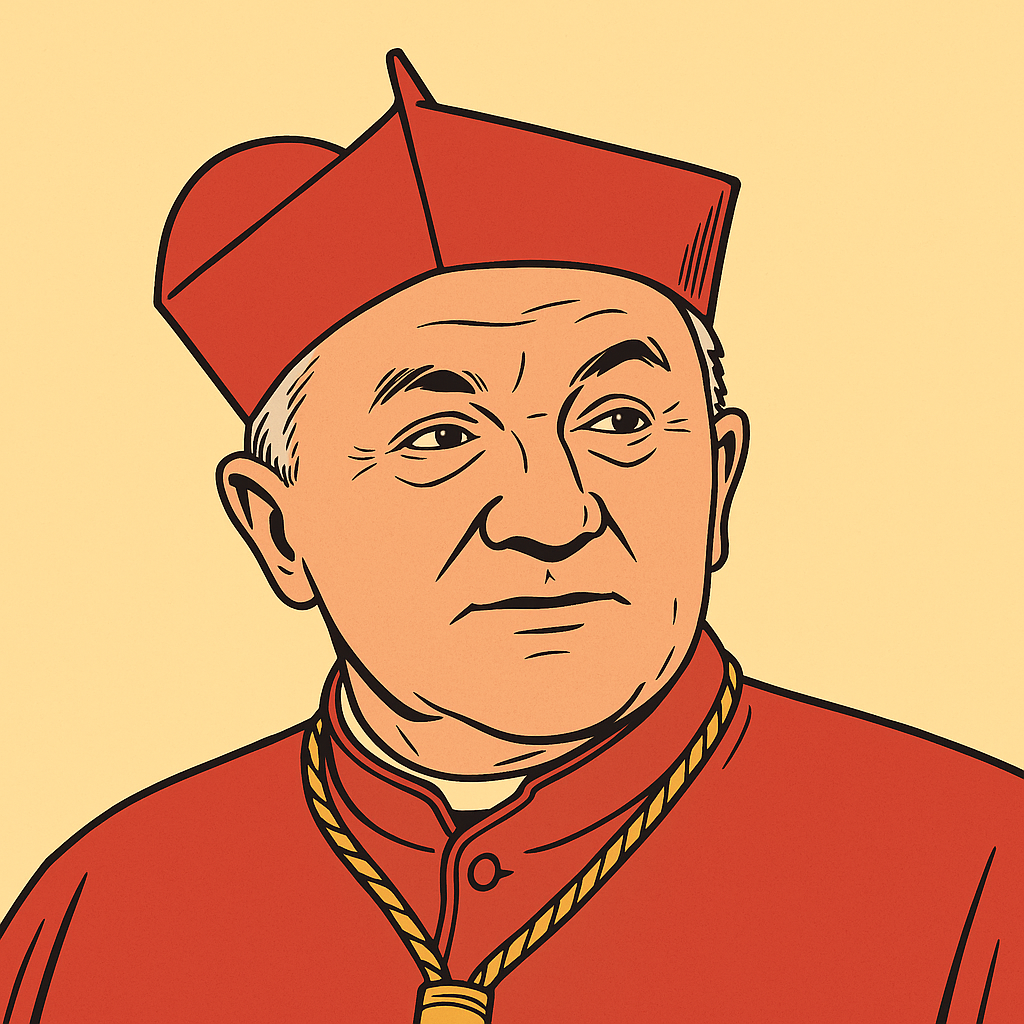
Poland
Polish cardinal, Archbishop of Warsaw, known for his balanced pastoral approach, combining Polish Catholic tradition with openness to dialogue in an evolving society.

Switzerland
Swiss cardinal, president of the Dicastery for Promoting Christian Unity, known for his theological expertise and ecumenical commitment, with a moderately conservative doctrinal position.
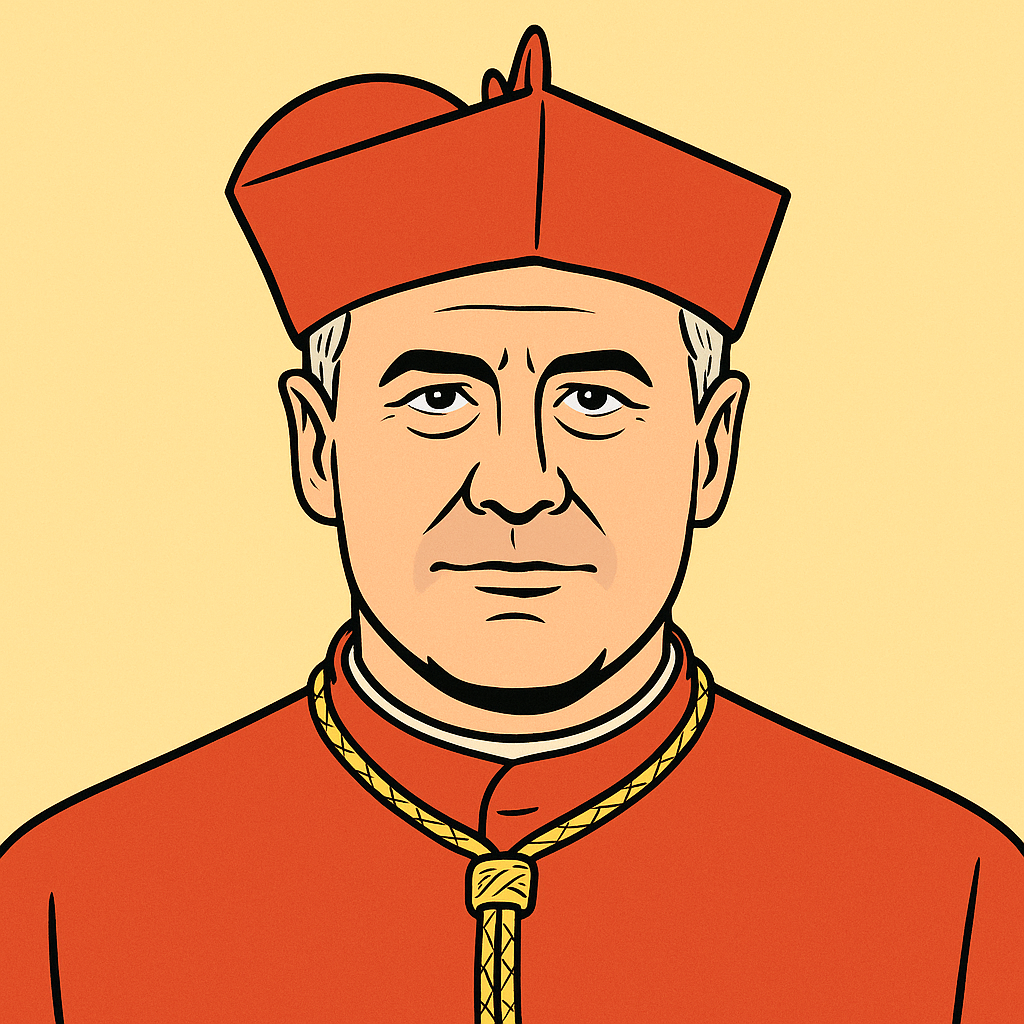
Lithuania
Lithuanian cardinal, administrator of St. Peter's Basilica, known for his administrative work and loyalty to the Holy See, with a balanced approach between tradition and pastoral modernity.
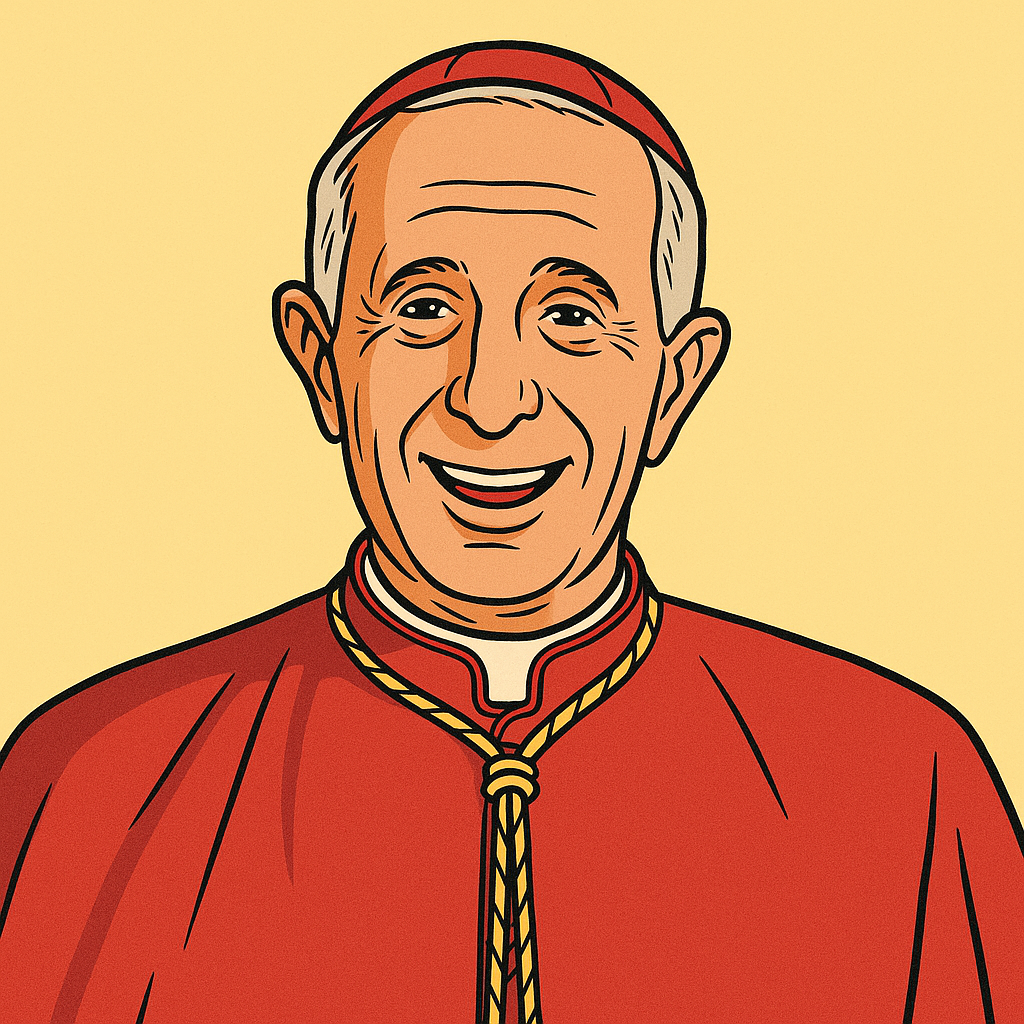
Argentina
Argentine cardinal, Archbishop Emeritus of Buenos Aires, successor of Pope Francis in this diocese, known for his discreet profile and balanced administration between tradition and renewal.

Switzerland
Swiss cardinal, president of the Dicastery for Promoting Christian Unity, known for his theological expertise and ecumenical commitment, with a moderately conservative doctrinal position.
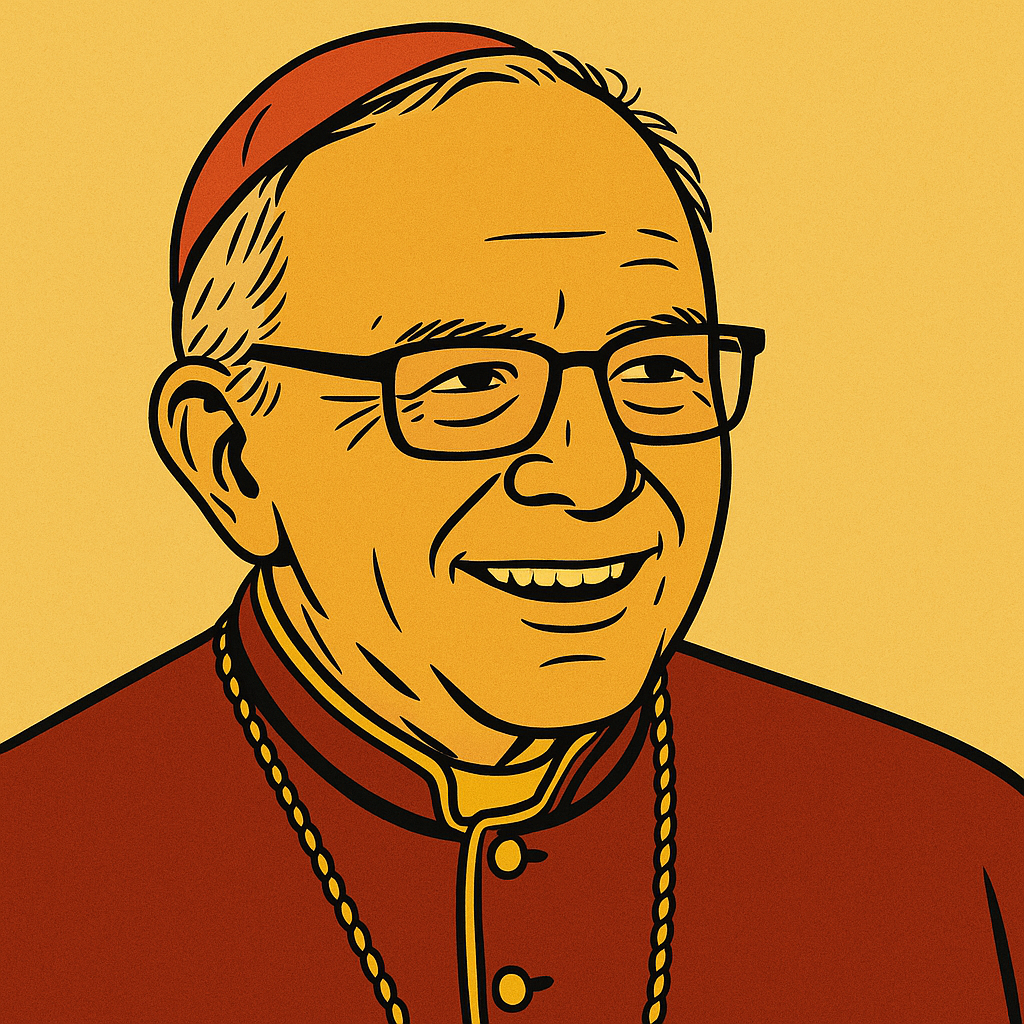
Portugal
Portuguese cardinal, Patriarch Emeritus of Lisbon, known for his balanced leadership and pastoral vision that respects tradition while dialoguing with contemporary society.
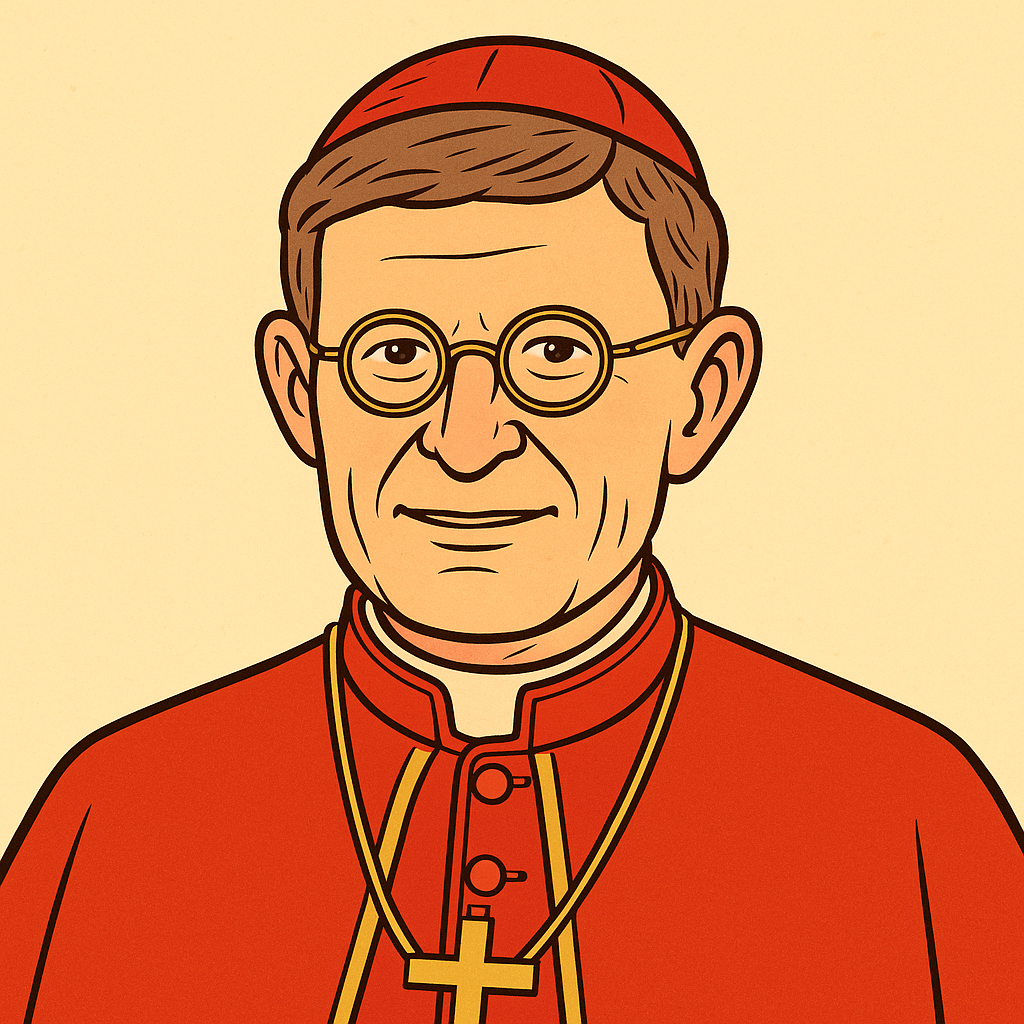
Germany
German cardinal, Archbishop of Cologne, known for his conservative positions and controversial leadership, particularly in handling sexual abuse and his opposition to certain reforms.
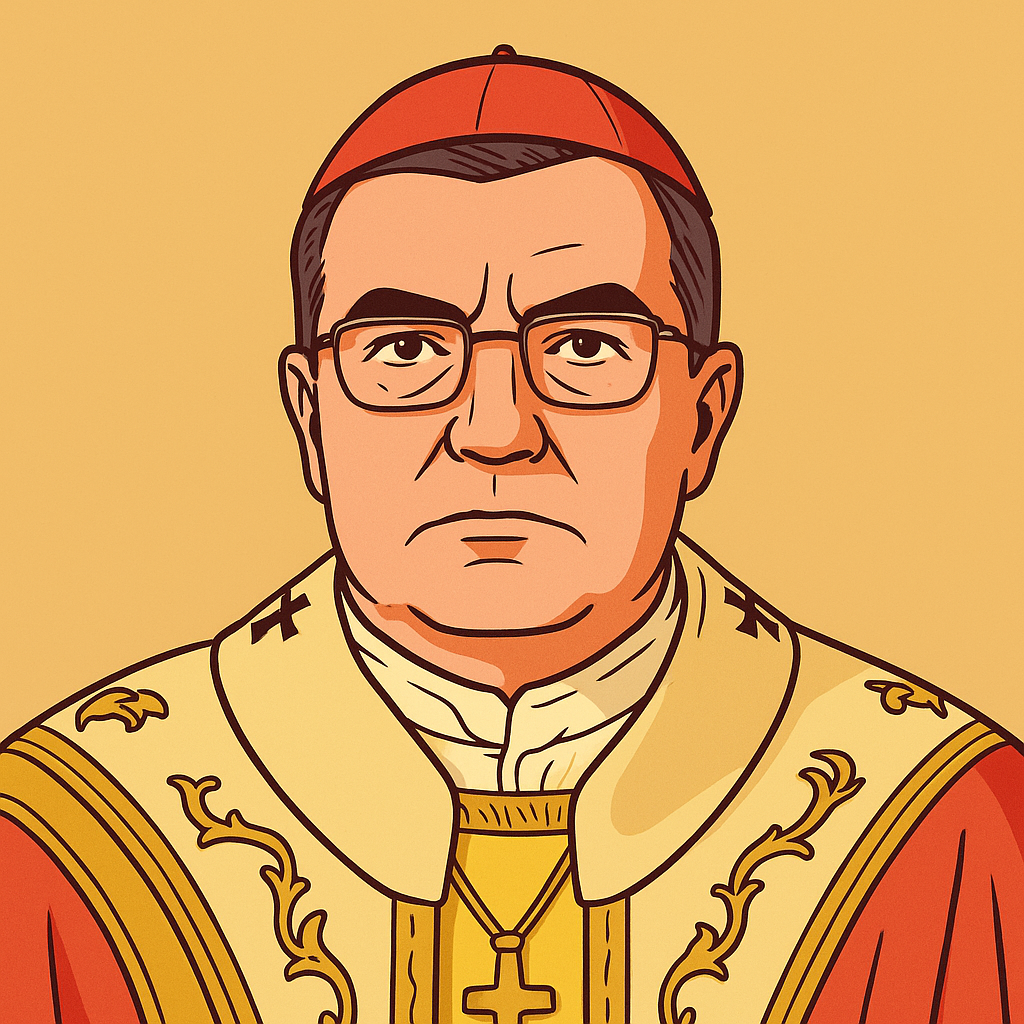
Croatia
Croatian cardinal, Archbishop of Zagreb, known for his conservative positions on moral issues and his commitment to traditional values in a post-communist context.
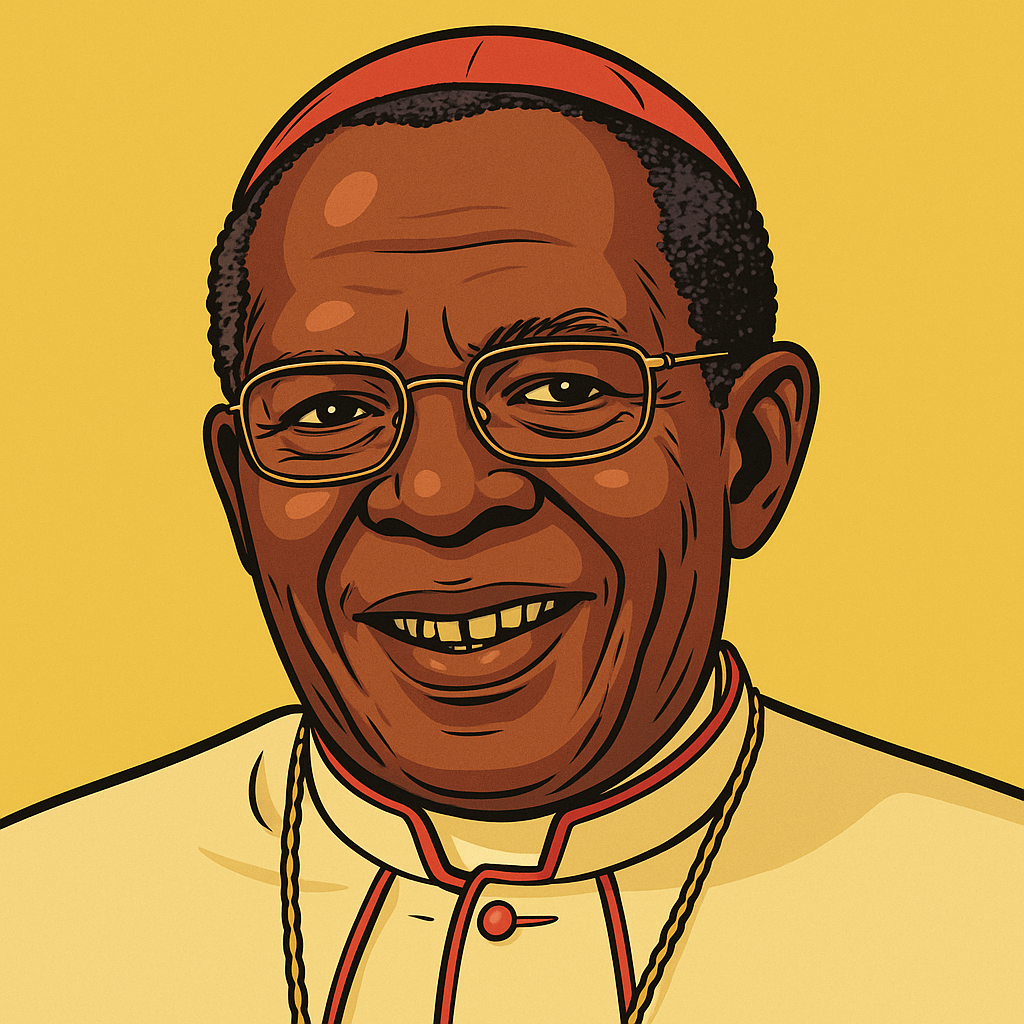
Kenya
Kenyan cardinal, Archbishop Emeritus of Nairobi, known for his conservative positions on moral issues and his leadership in the growing African Church.

Italy
Italian cardinal, former vicar general of the pope for the diocese of Rome, known for his balance between liturgical tradition and moderate pastoral openness.

Argentina
Argentine cardinal, Archbishop Emeritus of Buenos Aires, successor of Pope Francis in this diocese, known for his discreet profile and balanced administration between tradition and renewal.
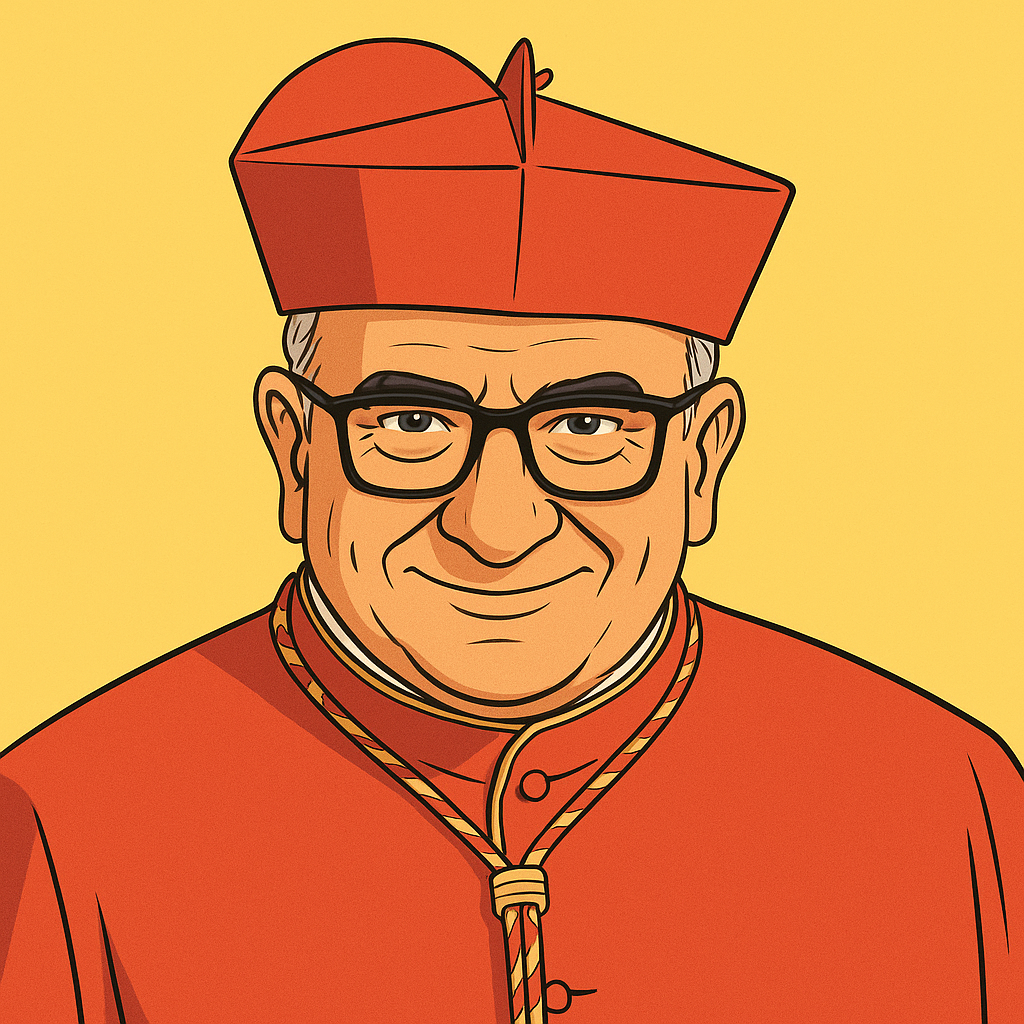
Chile
Chilean cardinal, Archbishop of Concepción, known for his conservative doctrinal positions and commitment to rebuilding trust after abuse scandals.

Croatia
Croatian cardinal, Archbishop of Zagreb, known for his conservative positions on moral issues and his commitment to traditional values in a post-communist context.
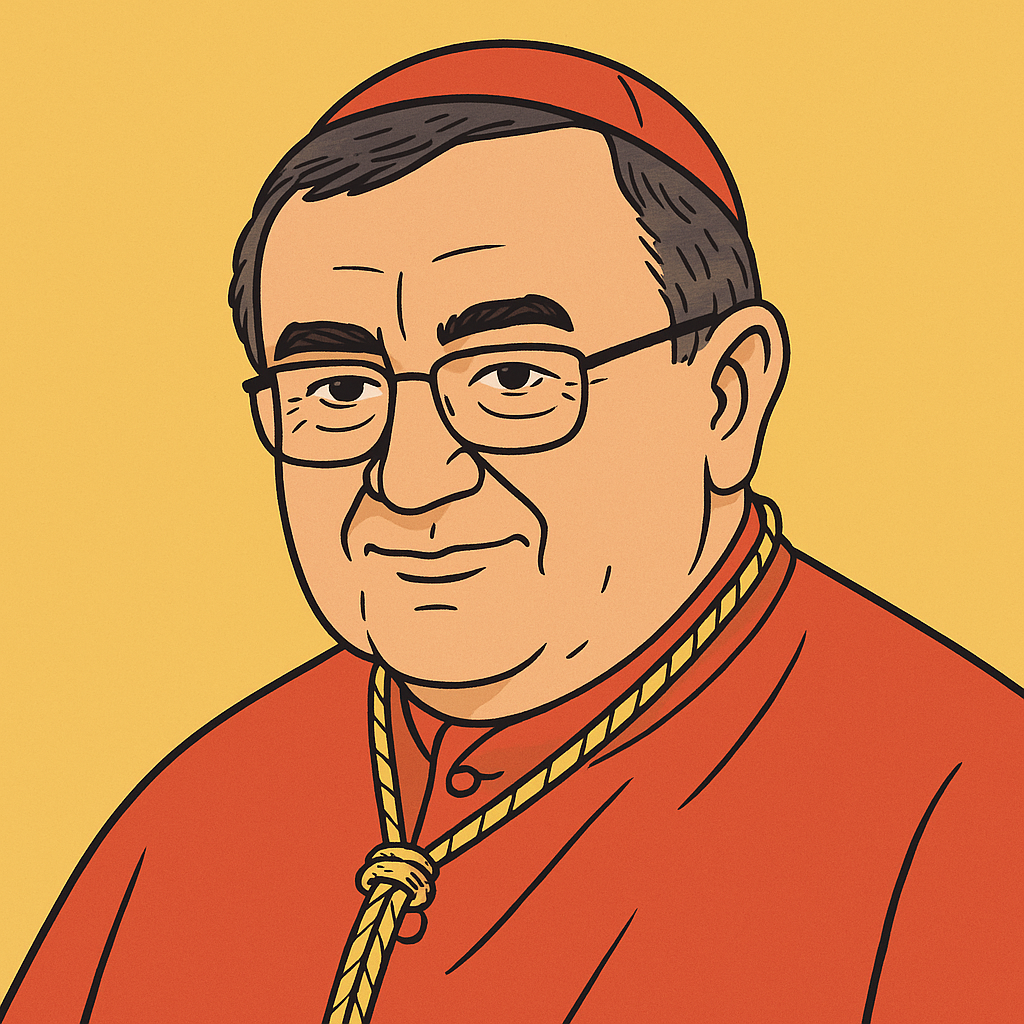
Bosnia and Herzegovina
Bosnian cardinal, Archbishop Emeritus of Sarajevo, known for his leadership during and after the Balkan War, his work for reconciliation and his defense of Catholic rights in the region.
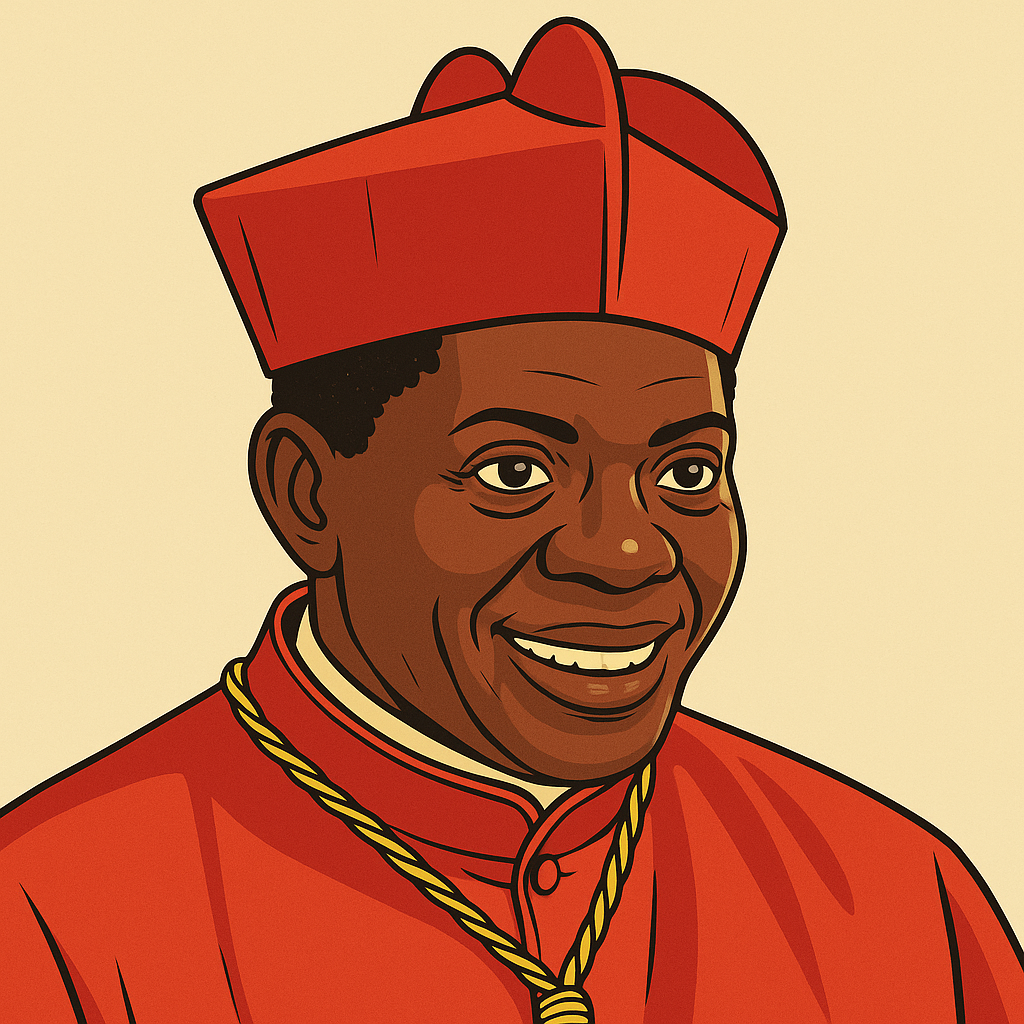
Tanzania
Tanzanian cardinal, Secretary of the Dicastery for Evangelization, known for his missionary expertise and balanced pastoral vision, combining doctrinal fidelity and cultural adaptation.
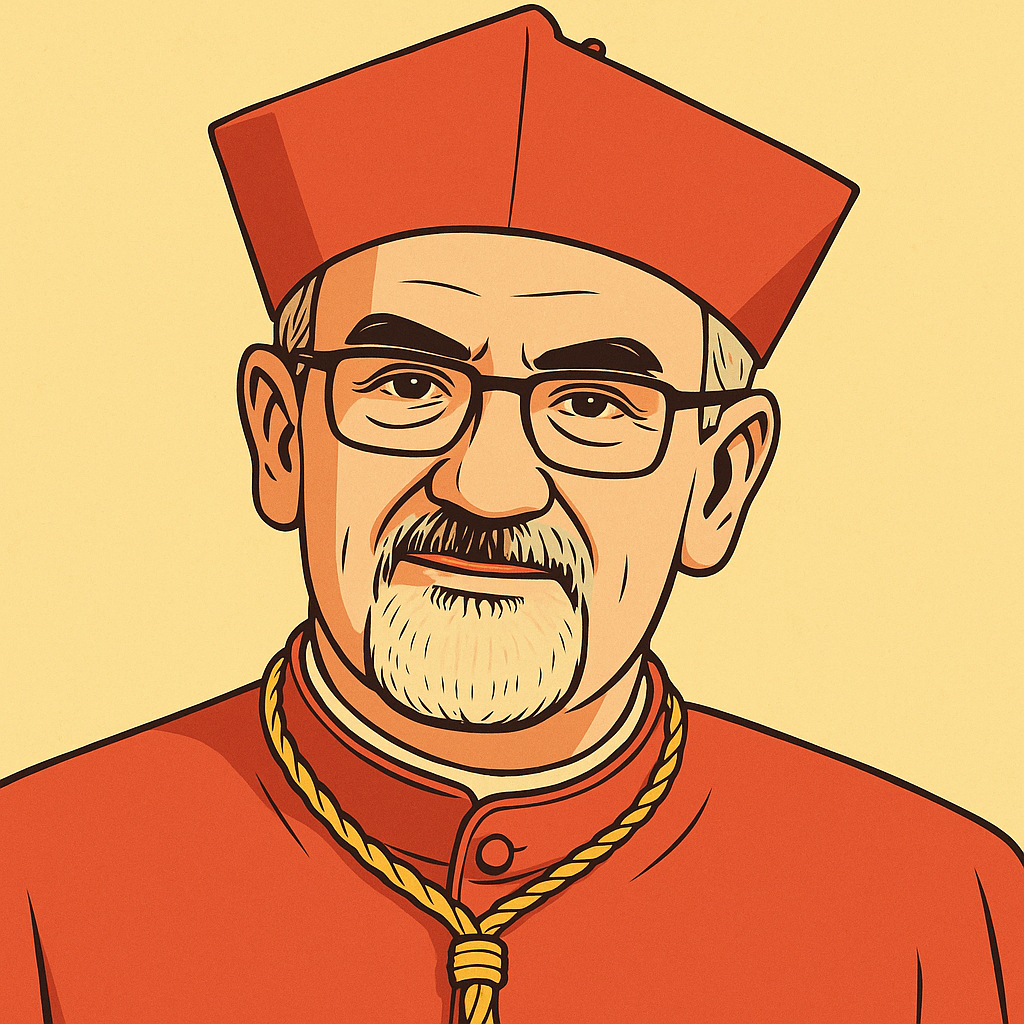
Israel
Italian cardinal, Latin Patriarch of Jerusalem, Franciscan, known for his expertise on the Middle East and his balanced leadership in a context of political and religious tensions.

Kenya
Kenyan cardinal, Archbishop Emeritus of Nairobi, known for his conservative positions on moral issues and his leadership in the growing African Church.
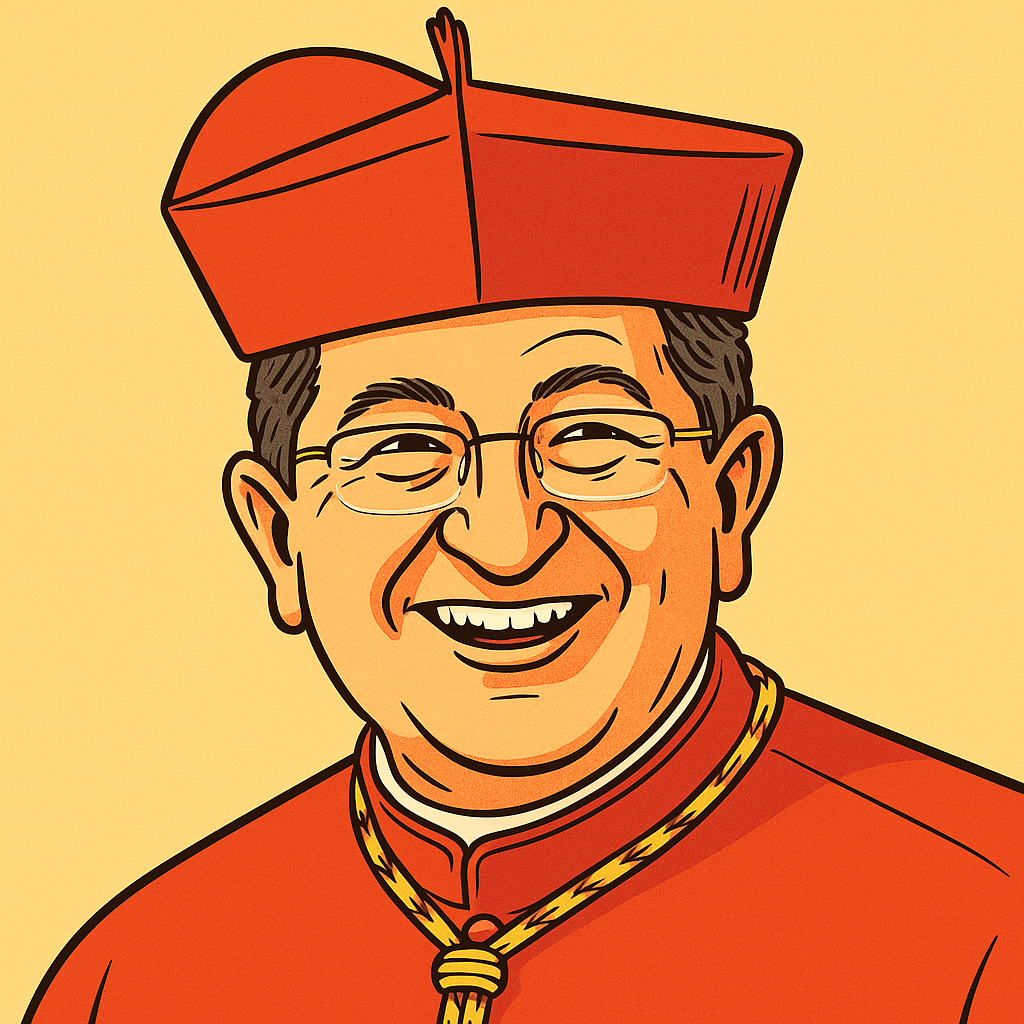
Italy
Italian cardinal, Archbishop of Florence, known for his conservative doctrinal positions and intellectual work, while remaining engaged in pastoral dialogue.